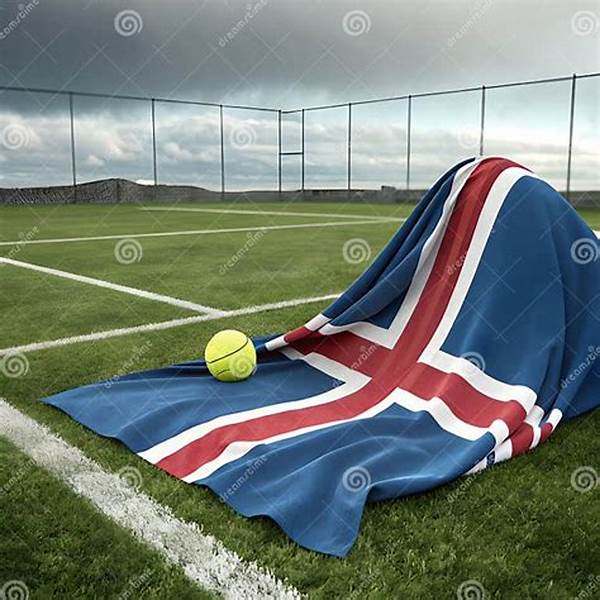Imagine walking into a grand hall filled with dignitaries from around the world. The lights dim, a hush falls over the crowd, and suddenly, a single music instrument resonates through the air—an echo of national pride and cultural richness. This is not just any instrument; it is one that embodies the essence of a nation’s heritage and identity. But what is it about these instruments that make them so uniquely significant in national ceremonies?
Read More : Review Of A Five-string Electric Bass For Metal
While many countries have their own music instruments that symbolize cultural pride, each holds a special place as an emblem of tradition and unity. These instruments are more than just musical tools; they tell stories, evoke emotions, and serve as cultural ambassadors on the global stage. From the British bagpipes to the Japanese taiko drums, the distinct sounds of these instruments reverberate through history and capture the spirit of their people.
The Role of Music Instruments in National Ceremonies
When exploring the world of national ceremonies, music instruments are often at the heart of the event. These ceremonies can include everything from coronations and inaugurations to national holidays and state funerals. The instruments played at these events are carefully chosen for their symbolic meaning and cultural significance.
Cultural Significance
In order to appreciate the music instrument that symbolizes cultural pride in national ceremonies, one must delve into the cultural narratives and historical importance these instruments carry. Take, for example, the didgeridoo of Australia. This instrument, traditionally played by the Indigenous Australians, is not only known for its mesmerizing drone but also for its role in storytelling and ceremonial purposes. By highlighting the didgeridoo in national events, Australia acknowledges its rich indigenous culture.
Unity and Identity
Another reason these music instruments are pivotal in national ceremonies is their power to unite people. The sound of a familiar national instrument can evoke a sense of belonging and pride. For instance, the traditional Scottish bagpipes at a military or national event not only showcase Scotland’s unique cultural heritage but also foster a sense of unity and identity among the Scots, no matter where they are in the world.
Emotional Resonance
The emotional impact of music in ceremonies cannot be overstated. Music instruments that symbolize cultural pride have the power to evoke emotions ranging from nostalgia to patriotism. When the haunting sound of the Armenian duduk fills a memorial event, its soulful melodies can bring tears to the eyes of many, reminding them of their shared history and the resilience of their people.
Details and Examples of Cultural Music Instruments
An array of instruments serves as powerful symbols in various cultures. Let’s explore some examples and the purposes they serve:
Impact on National Identity
These music instruments are not merely functional; they are pivotal in shaping and maintaining national identity. As symbols of cultural pride, they act as reminders of a nation’s roots and its aspirations, anchoring citizens in a shared heritage while inspiring future generations to honor their cultural legacy.
Read More : Modern Digital Instruments For Professional Home Studio Music Production
Importance and Future of Cultural Music Instruments
Understanding the role of musical instruments in national ceremonies gives us insight into their importance in preserving cultural heritage and identity. As the world becomes more interconnected, there is a growing need to protect these symbols from being overshadowed by global influences.
Preservation Efforts
Efforts to preserve the cultural significance of these music instruments are vital. This involves documenting their history, teaching the younger generation about their importance, and ensuring their presence in national events remains strong. Governments, cultural organizations, and music educators all play a role in this preservation endeavor.
Modern Adaptations
While preserving tradition is essential, modern adaptations can also breathe new life into these instruments. By incorporating them into contemporary music or integrating them with modern technology, musicians can maintain the relevance of cultural music instruments and ensure they continue to symbolize cultural pride in a way that resonates with the current generation.
Call to Action
As readers and global citizens, embracing and supporting cultural music instruments can lead to a richer understanding of diverse cultures and an appreciation for humanity’s shared heritage. Attend cultural events, learn about different cultural music instruments, and encourage educational programs that highlight their significance. Your active participation can help keep the legacy of these instruments alive for generations to come.
In Conclusion
Reflecting on the beauty and significance of these cultural instruments, it’s clear they have a profound impact on national ceremonies, evoking pride and unity. These music instruments that symbolize cultural pride in national ceremonies continue to serve as bridges between past and present, tradition and innovation. They are a reminder of who we are and where we come from, and their sounds will undoubtedly resonate through the ages as symbols of cultural pride and identity.
